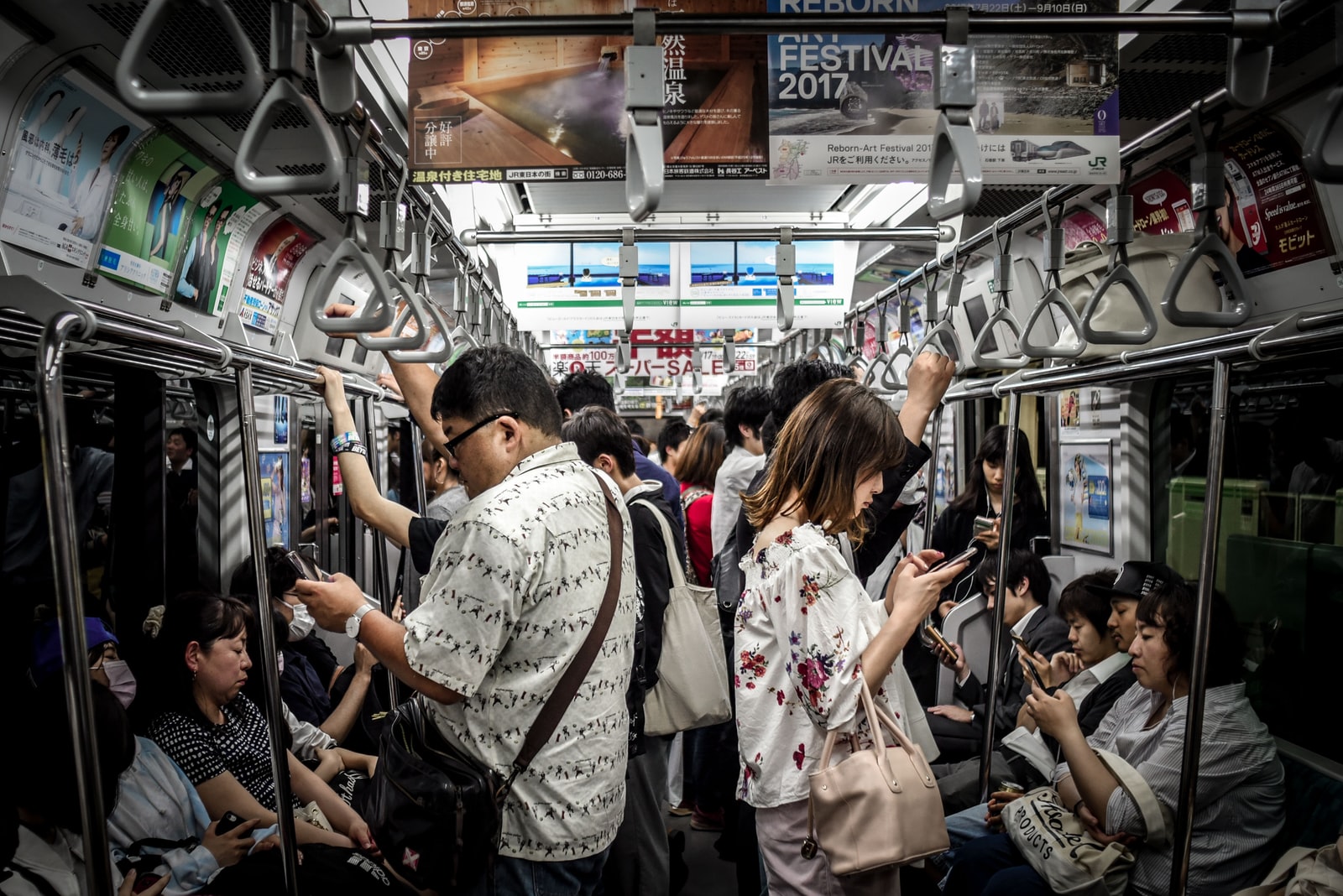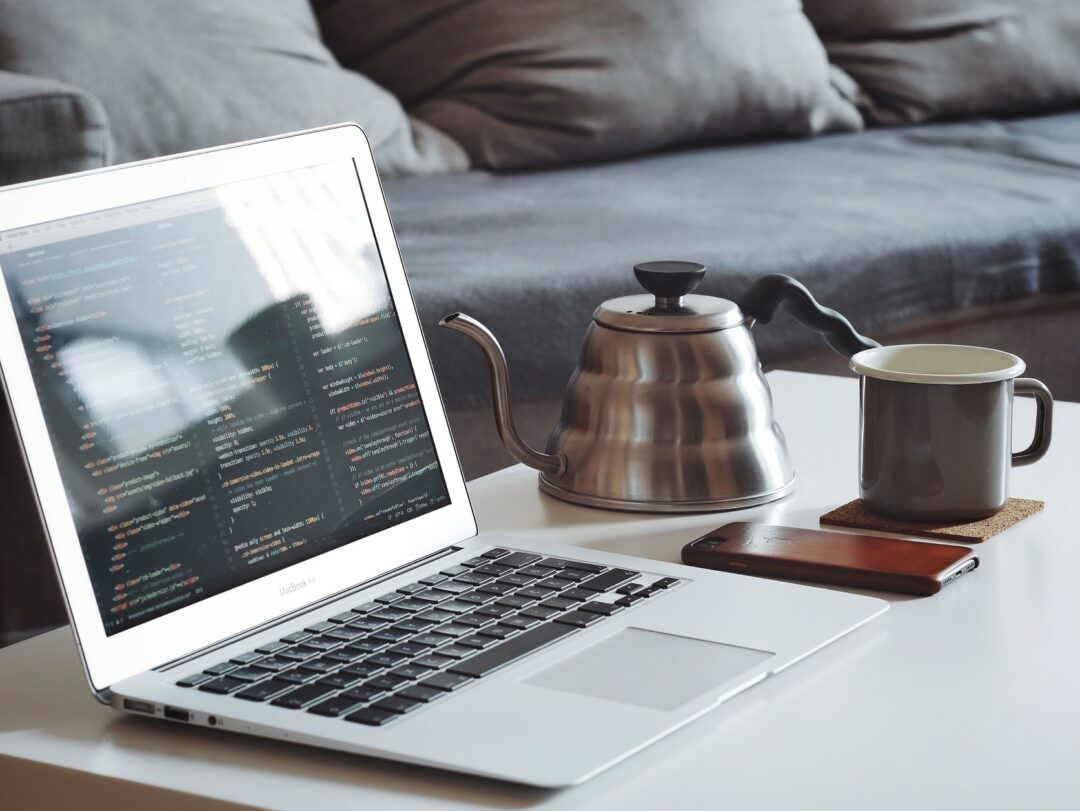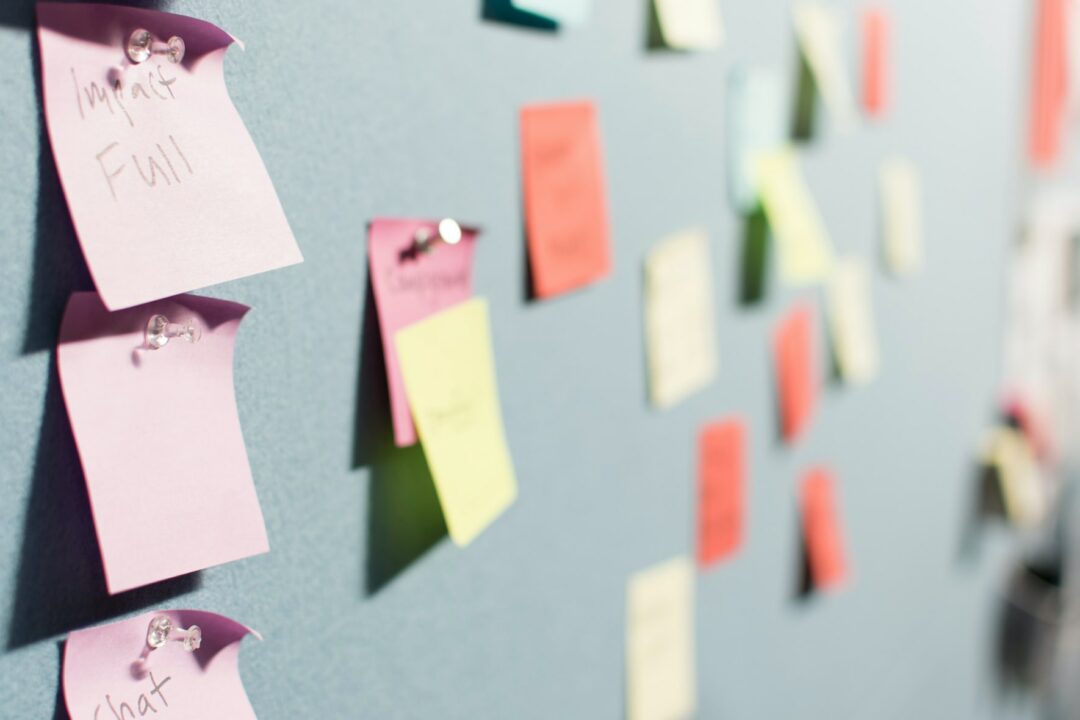What is Personal Learning Network?
In simple terms, Personal Learning Network is a way of describing the people that you connect with to learn their ideas, their questions, their reflections, and their references.
What is a digital identity?
A digital identity represents set of data which is considered their ‘footprint’ on the internet. Digital identity on social media is different from digital identity on some other accounts which remain private. The ‘footprint’ or set of data consists of your personal information and other important records (images, videos, documents, etc.) and details about you from the time you started your online account.
What does it mean to network using social media?
Social Networking involves communicating with other people through the use of technology. This communication involves a lot of development and maintaining business and personal relationships. Social media also helps people to network with other businesses and the businesses can use this platform to promote brand awareness. In a similar manner, people use social media to network with different target audiences for lots of different purposes. In the current situation of COVID in the world today, connecting with other people offline without technology is very difficult and this is where Mobile phones and Computers help people to connect with each other over social media.
How are we motivated to participate in networked publics?
PLN is something that most of us start building unknowingly but becomes a huge part of our lives. Rajagopal, Brinke, Bruggen, and Sloep (2012) suggest that anyone who builds and maintains contacts within their personal network to improve their learning provided they are using technology to support this activity is creating a Personal Learning Network. People have a tendency to grow and learn if given the proper circumstances. This is where they make connections and networks with others. Hence, the easiest way to connect for most people is through social media where they can freely grow themselves and their network. The current circumstances of COVID have also accelerated the need of forming personal and business relationships. To do so, everyone in the world is participating in the huge virtual network.
What are the risks & rewards of public communications?
Public communication has lots of rewards along with risks like anything else. The greatest reward would be a huge amount of knowledge gained and passed along in the process. The accessibility of this information and knowledge is another equally important aspect of these rewards. However, there are risks to the large knowledge mountain. Internet frauds are one of the most common risks where false information can be passed around and influence people. Social media also poses another huge risk, which is cyber-bullying and harassment. This occurs because it’s easy to communicate your ideas online along with hiding your real identity. Individuals are affected negatively by this risk and that affects their mental health as well.
How do personal versus professional approaches to digital identity affect social media use?
Both personal and professional approaches to digital identity affect social media use in different ways. People feel more independent to use social media and communicate if it’s personal and not professional as professional use requires them to respect professionalism with everyone they communicate with on social media.
How do digital identities converge in networked publics – what are the impacts and/or benefits?
Digital identity are not always what we think they are because its easy to impersonate someone online and have any identity anyone wants. This can cause lot of confusion among people virtually and people could be less inclined to connect with social media in this case. Such scams are becoming more and more common among elders and children/teens that fall into this trap. However, we can reduce this by educating people about the frauds and how to identify them. There are benefits to social media as well where anybody can express themselves the way they want.
Attributions
Cover photo by Hugh Han on Unsplash
References
Future Learn. What Is a Personal Learning Network (PLN)? www.futurelearn.com/info/courses/learning-network-age/0/steps/24644.
Rajagopal, Kamakshi, et al. View of Understanding Personal Learning Networks: Their Structure, Content and the Networking Skills Needed to Optimally Use Them: First Monday. firstmonday.org/ojs/index.php/fm/article/view/3559/3131.


